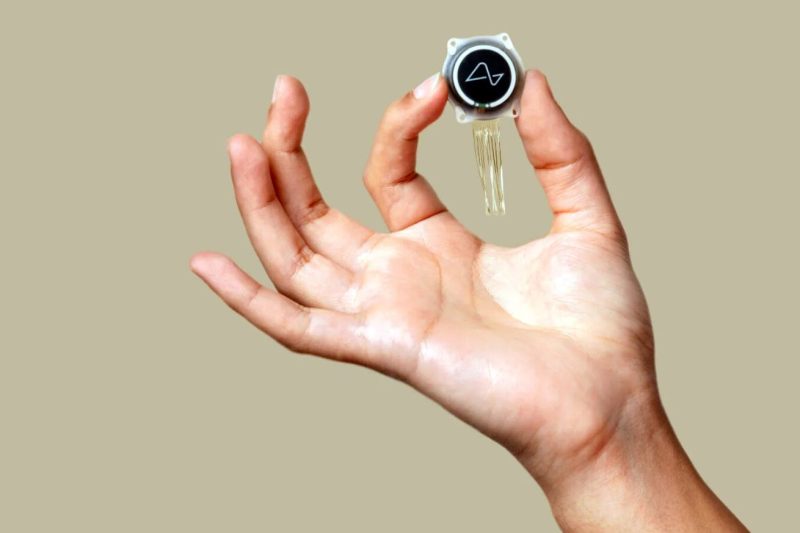In a groundbreaking development that pushes the boundaries of human-machine interaction, a recent video by Neuralink demonstrates a patient using a brain implant to play chess on a laptop. This innovative technology marks a significant leap forward in the field of neuroscience and has the potential to revolutionize how we interact with computers and other digital devices in the future.
Neuralink, a neurotechnology company founded by Elon Musk, has been at the forefront of developing brain-computer interface technology. The video showcases a patient with a brain implant interacting with a computer using only their thoughts. By simply thinking about their moves, the patient is able to control the chess pieces on the screen, demonstrating the incredible precision and agility of the brain-computer interface.
One of the key aspects of this advancement is the ability to translate neural signals into actionable commands. The brain implant, consisting of a network of electrodes that interface directly with the brain, is capable of picking up signals from specific regions of the brain associated with movement and cognition. These signals are then decoded by a computer algorithm, allowing the patient to control external devices with remarkable accuracy.
The implications of this technology are far-reaching. Beyond playing chess, this brain-computer interface has the potential to assist individuals with motor impairments by enabling them to control prosthetic limbs or navigate assistive devices using their thoughts. It could also open up new possibilities for immersive virtual reality experiences, allowing users to interact with virtual environments using only their minds.
While the video offers a glimpse into the possibilities of brain-computer interfaces, it also raises important ethical considerations. Issues related to privacy, data security, and the potential misuse of this technology must be carefully considered as it becomes more widespread. Additionally, there are concerns about the long-term effects of implanting devices into the human brain and the need for rigorous safety protocols to ensure the well-being of patients.
Despite these challenges, the progress made by Neuralink and other companies in the field of brain-computer interfaces is undeniably exciting. As researchers continue to refine the technology and explore its applications, we may soon witness a future where the line between human and machine blurs, ushering in a new era of human augmentation and digital connectivity.
In conclusion, the Neuralink video showcasing a patient playing chess with a brain implant represents a significant milestone in the development of brain-computer interfaces. The potential applications of this technology are vast and varied, offering new possibilities for individuals with motor impairments, as well as raising complex ethical considerations. As we move forward, it is essential to approach the integration of brain implants with caution and ethical foresight to ensure that this technology serves humanity in a responsible and beneficial manner.




























